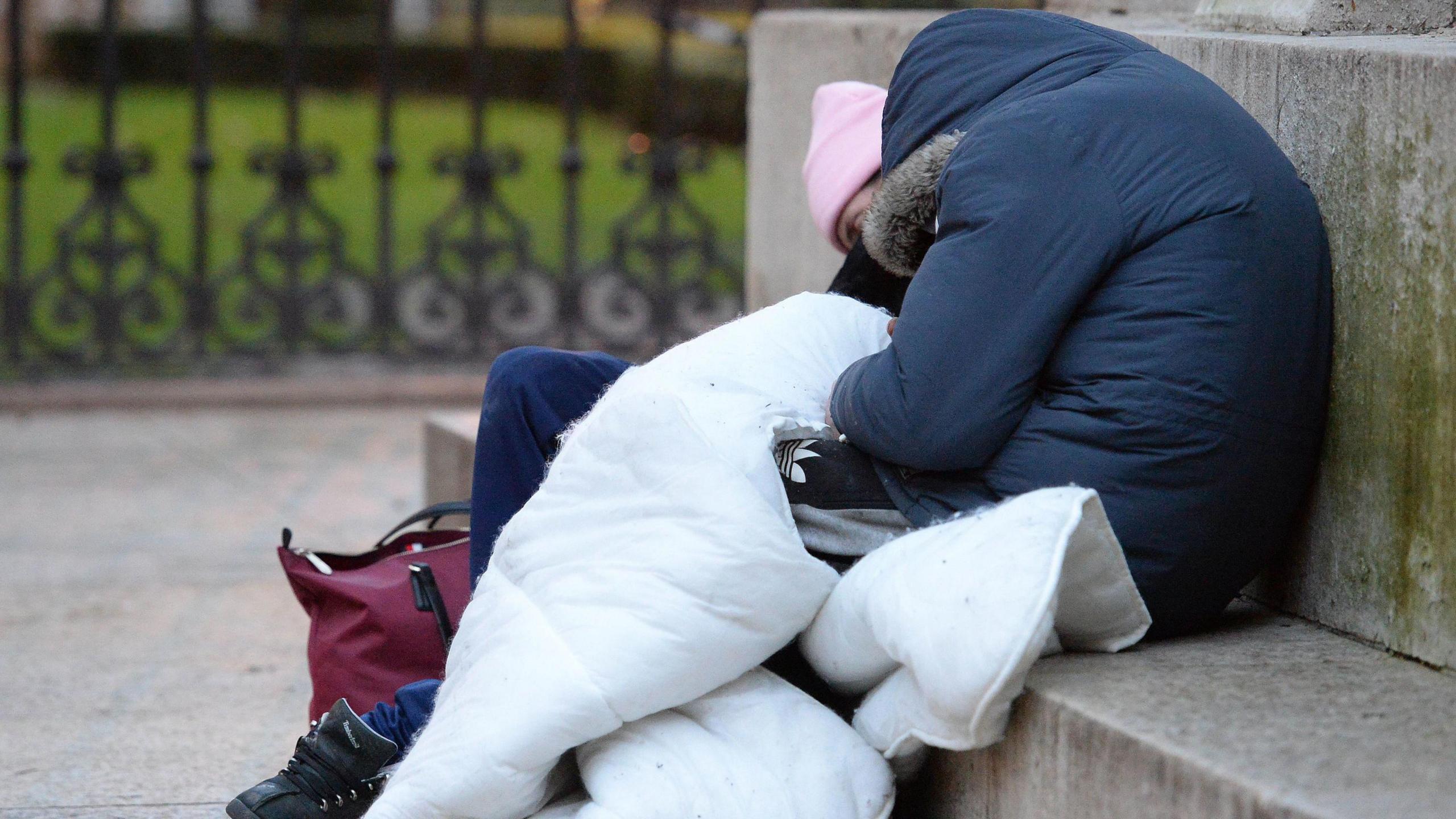'Law change alone not enough to help homeless'
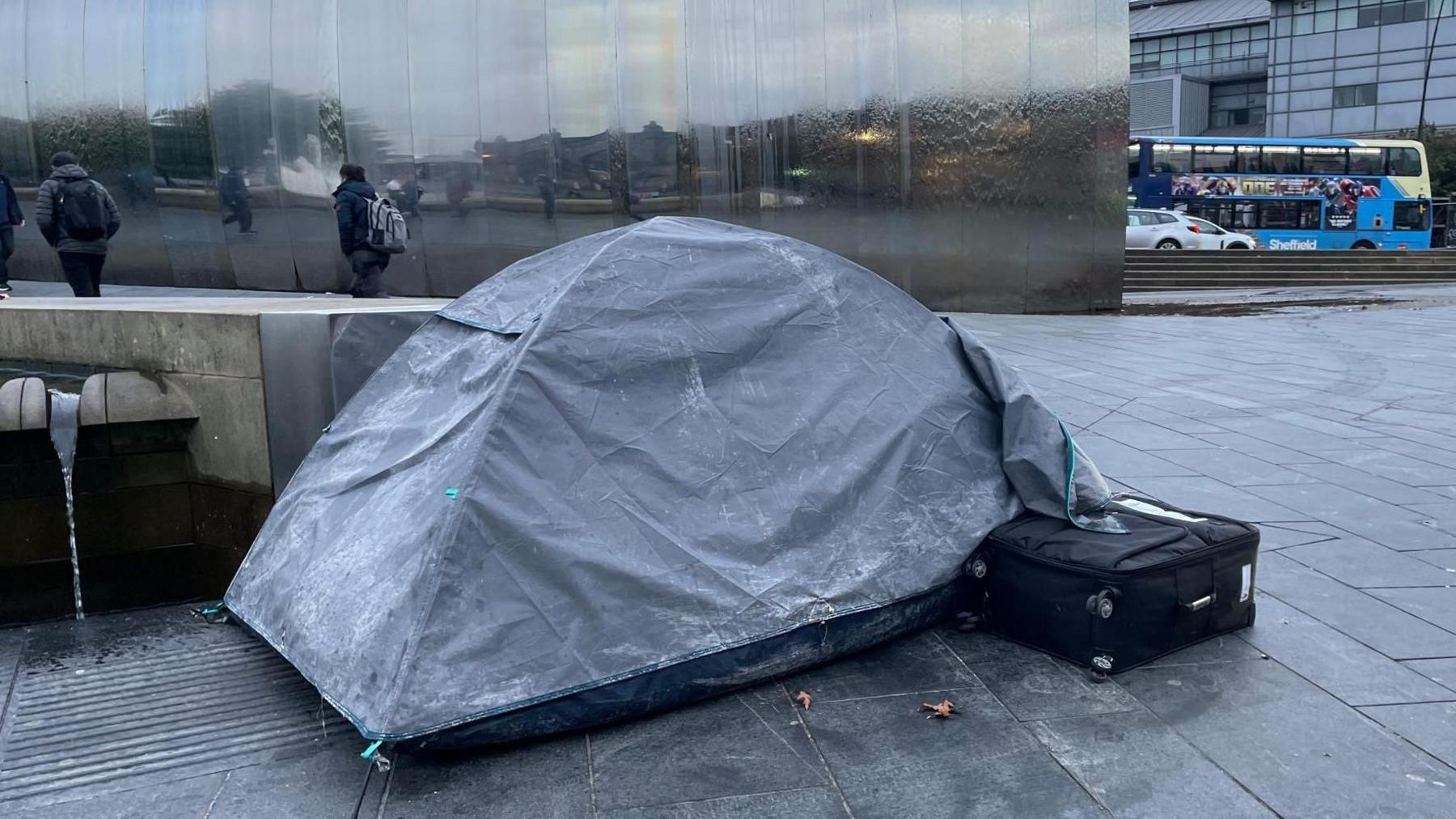
Sleeping rough will soon be decriminalised in England and Wales
- Published
The government has decided to decriminalise homelessness in England and Wales - but charity bosses say the move will do little to give dignity to rough sleepers.
Last week ministers announced plans to scrap the Vagrancy Act - first introduced in 1824 - with Deputy Prime Minister Angela Rayner labelling it "cruel and outdated".
Representatives from homelessness charities in Bradford and Sheffield said they were unaware of the legislation still being used to prosecute people, with a government spokesperson admitting use of the act had "significantly declined over the years".
Tim Renshaw, chief executive of the Sheffield-based Cathedral Archer Project, said: "I think it will bypass most people that they could have been arrested purely for being vagrant."
Mr Renshaw, whose organisation helps people off the streets, said the law change was "probably going to be trumped up as something it probably isn't".
"Nobody is seeing people who don't have homes as criminals by default," he said.
"They are seeing the behaviour of some of those people who don't have homes as anti-social and are therefore looking for enforcement against that."
According to Mr Renshaw, the announcement "lacks the other element of how do we give dignity, if we are not going to say that people are criminals? How do we include them in society?".
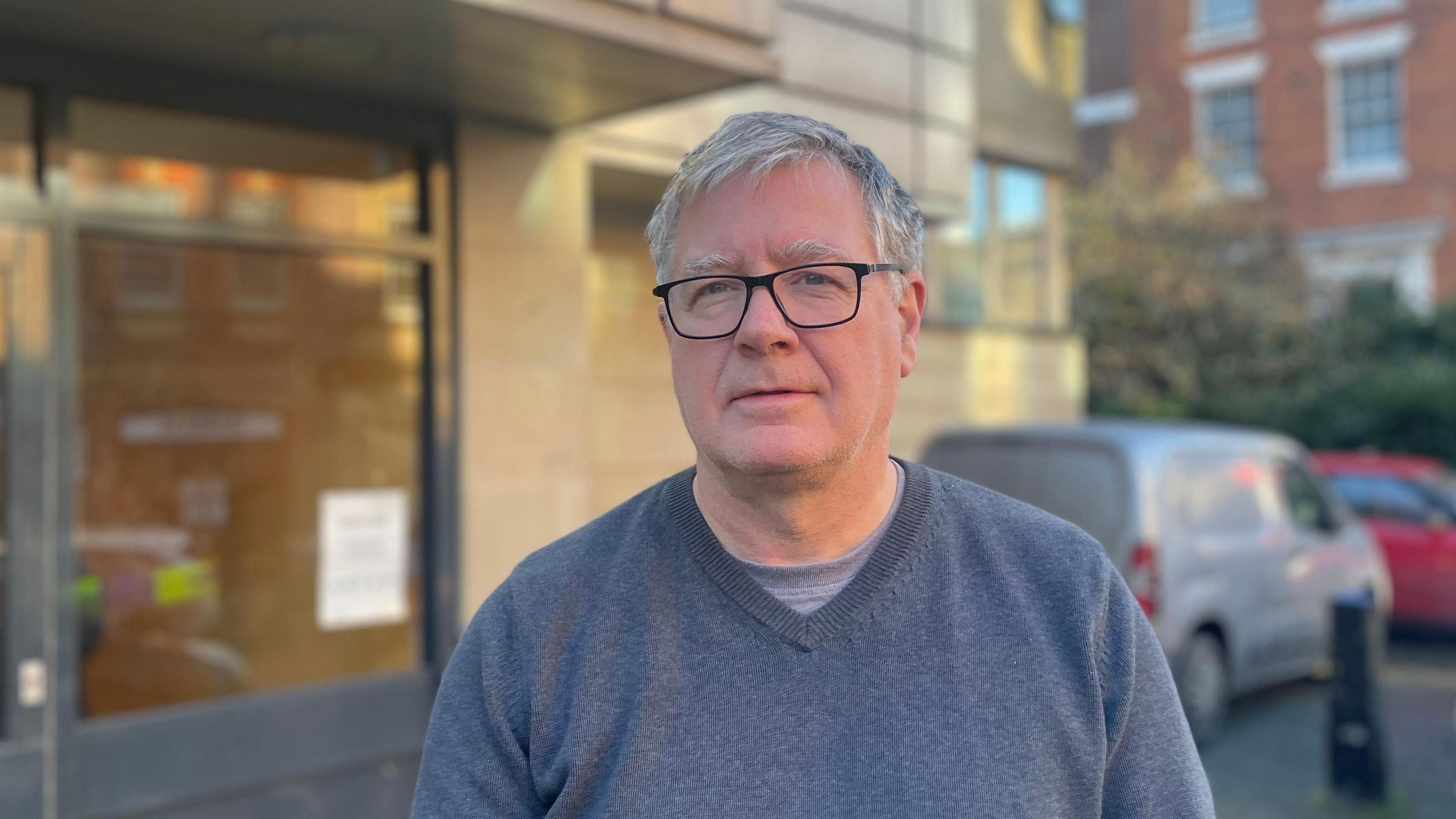
Tim Renshaw says many people were unaware the law against rough sleeping existed
The Labour government said it planned to replace the Vagrancy Act with "targeted measures" that would "ensure police have the powers they need to keep communities safe".
They would include new offences of facilitating begging for gain and trespassing with the intention of committing a crime.
Mr Renshaw said any enforcement measures should be accompanied by support for homeless people.
"If we say: 'You can't do that activity in that place', at the same time we need to be saying: 'How do we support you not to do that activity in this place?'.
"It's not that enforcement doesn't have a place, it's just that by itself it will only ever displace [from one area to another]."
In Sheffield, the Cathedral Archer Project is working on what Mr Renshaw calls a "support model", backed by authorities including the police and city council.
Homelessness has become more visible in the city centre in recent years, with an outreach charity counting 71 people sleeping rough in and around central Sheffield in August last year.
'Homeless have complex needs'
Steve Richardson, a trustee of Bradford charity Homeless Not Hopeless, welcomed the law change as a "great step forward", but said it "should just be the first step".
"People can at least live their lives without automatically being criminalised," he said.
"Let's start putting in place the mechanisms to actually help and support them."
Mr Richardson described the Vagrancy Act as "a convenient rule if somebody needed to be moved on as a threat".
However, in his view, "just giving people a flat isn't the answer".
"These people, after years of sleeping rough, have complex needs," he added.
"They need some support to address them."
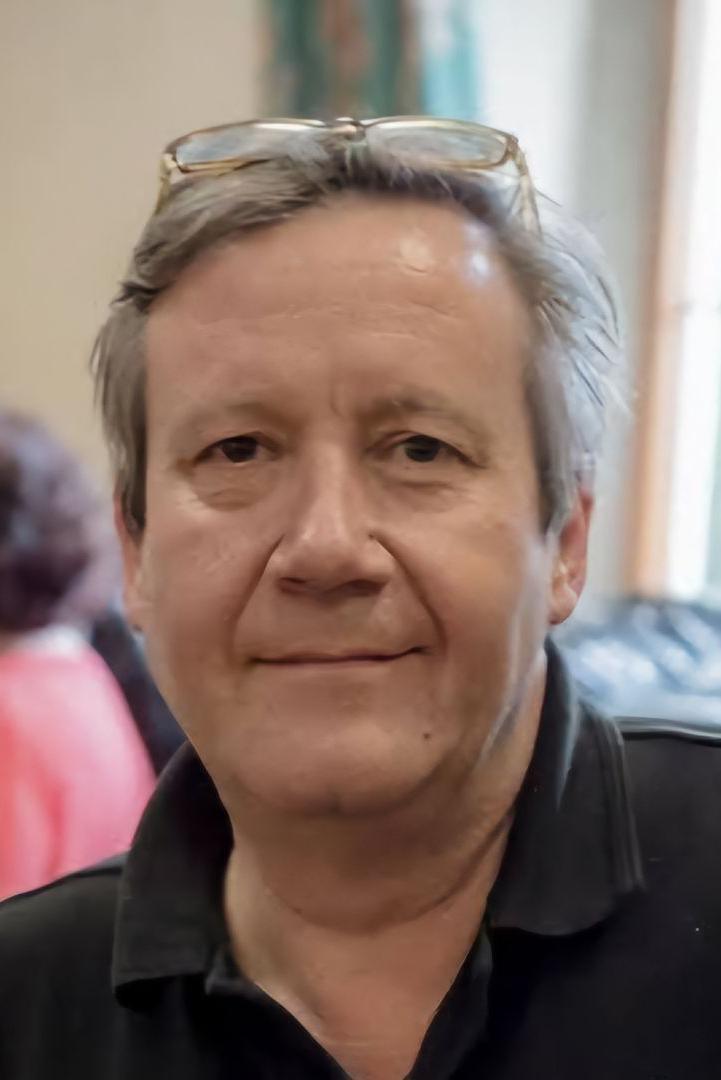
Steve Richardson has also called for greater support for homeless people
Homeless Not Hopeless supports between 100 and 150 people in Bradford every week, a "significant proportion" of whom are homeless, said Mr Richardson.
It is based next to railway arches at Forster Square Station, a location where some of the city's homeless would sleep until they were moved on by Bradford Council last year to provide space for art installations as part of City of Culture 2025.
Mr Richardson said he was "absolutely confident" people on the streets would "pay back every penny of investment to get them back on their feet".
"They want jobs, they want to work, to pay tax. Many, many many of them also try to give something back.
"We have several people we have supported over the years who have come back and volunteered."
The government said it had boosted funding for homelessness services by an extra £233m this financial year, bringing total investment for 2025-26 to nearly £1bn.
A spokesperson said the deputy prime minister was also developing a new homelessness strategy with other government departments, as well as mayors and councils, to be published later this year.
Get in touch
Tell us which stories we should cover in Yorkshire
Listen to highlights from West Yorkshire on BBC Sounds, catch up with the latest episode of Look North.
Related topics
- Published11 August 2024
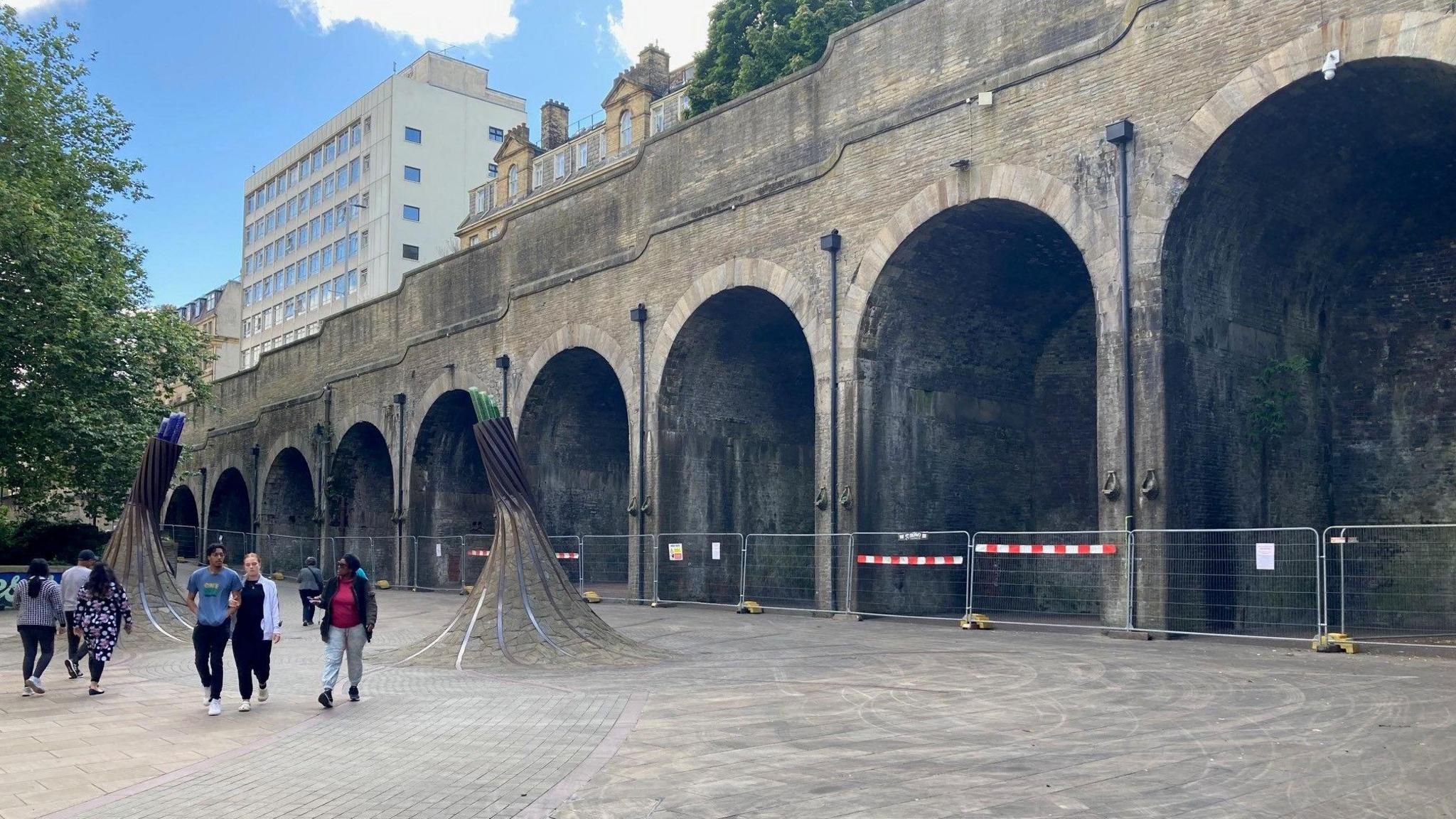
- Published16 October 2024
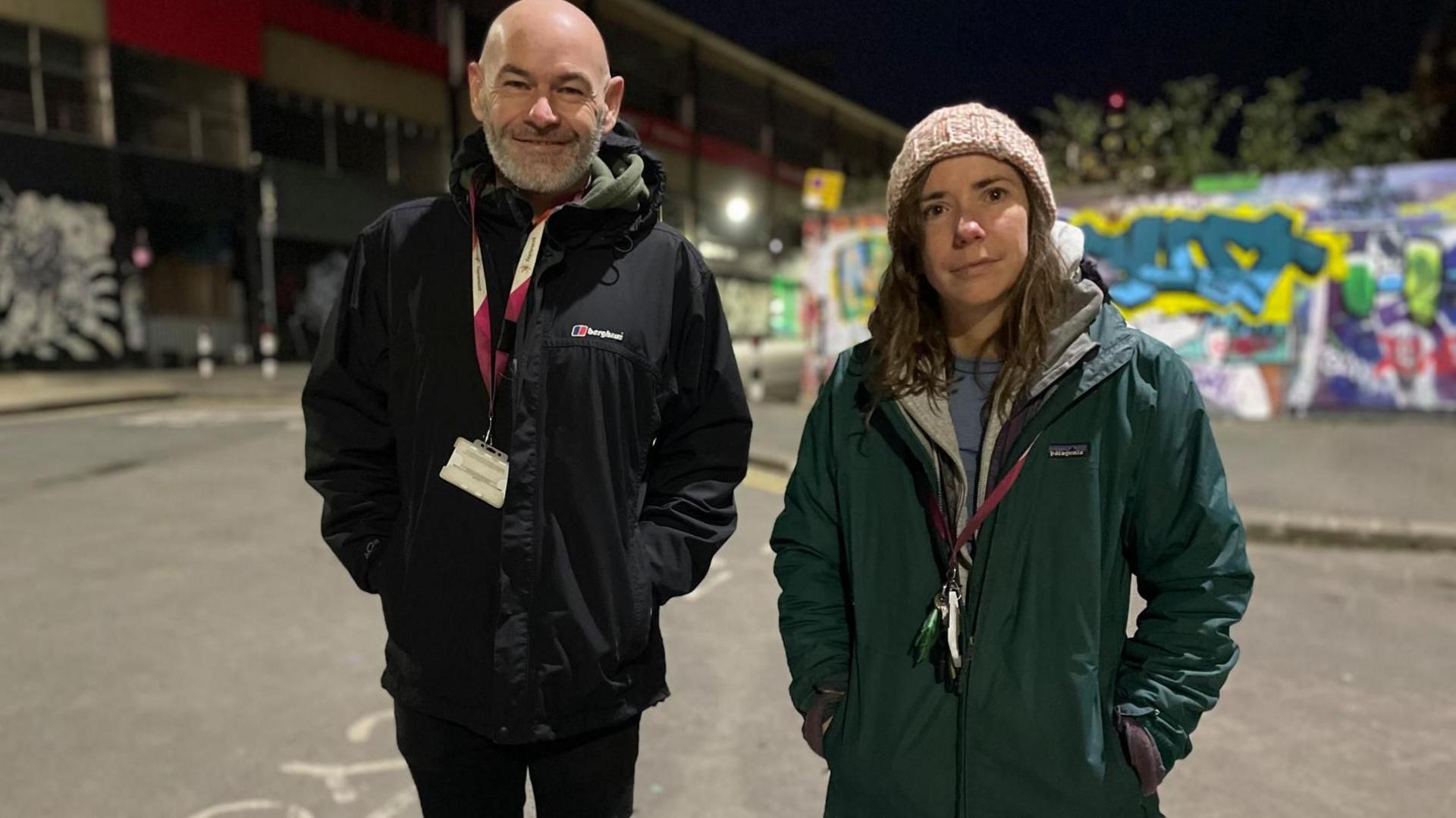
- Published10 June
